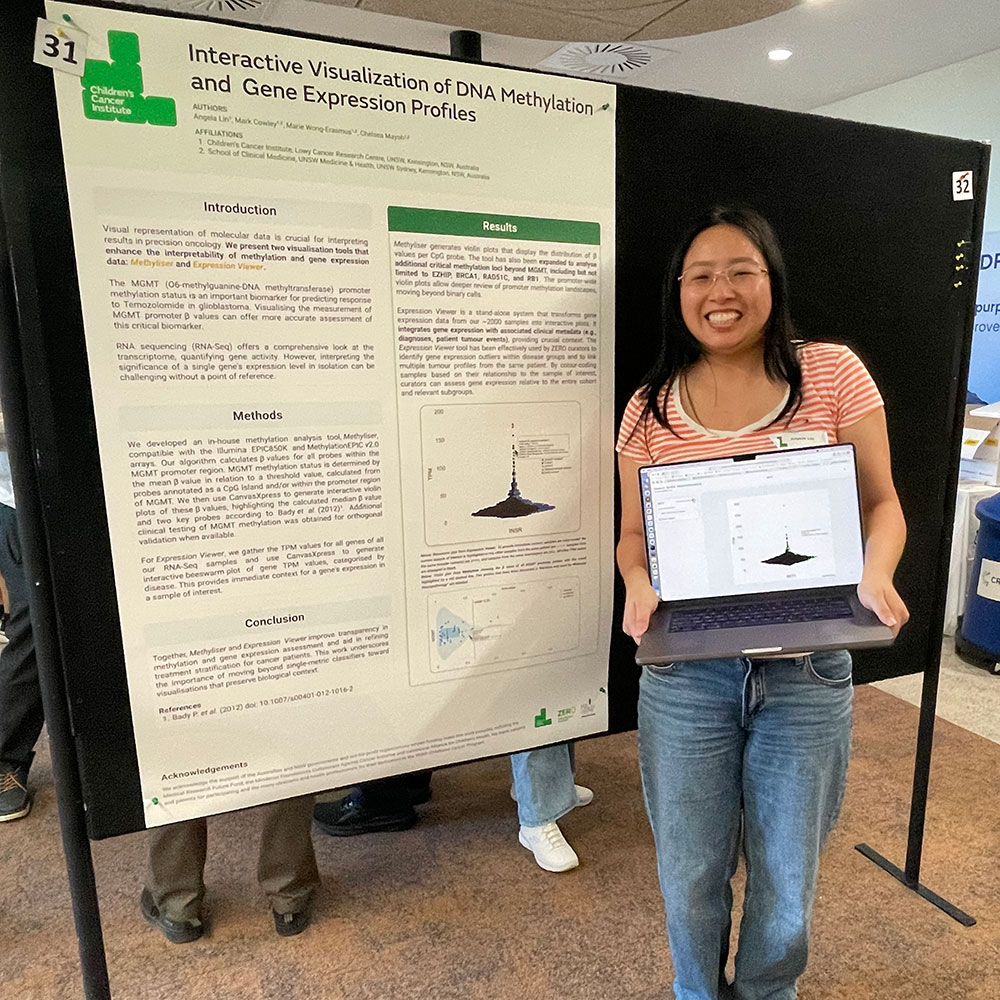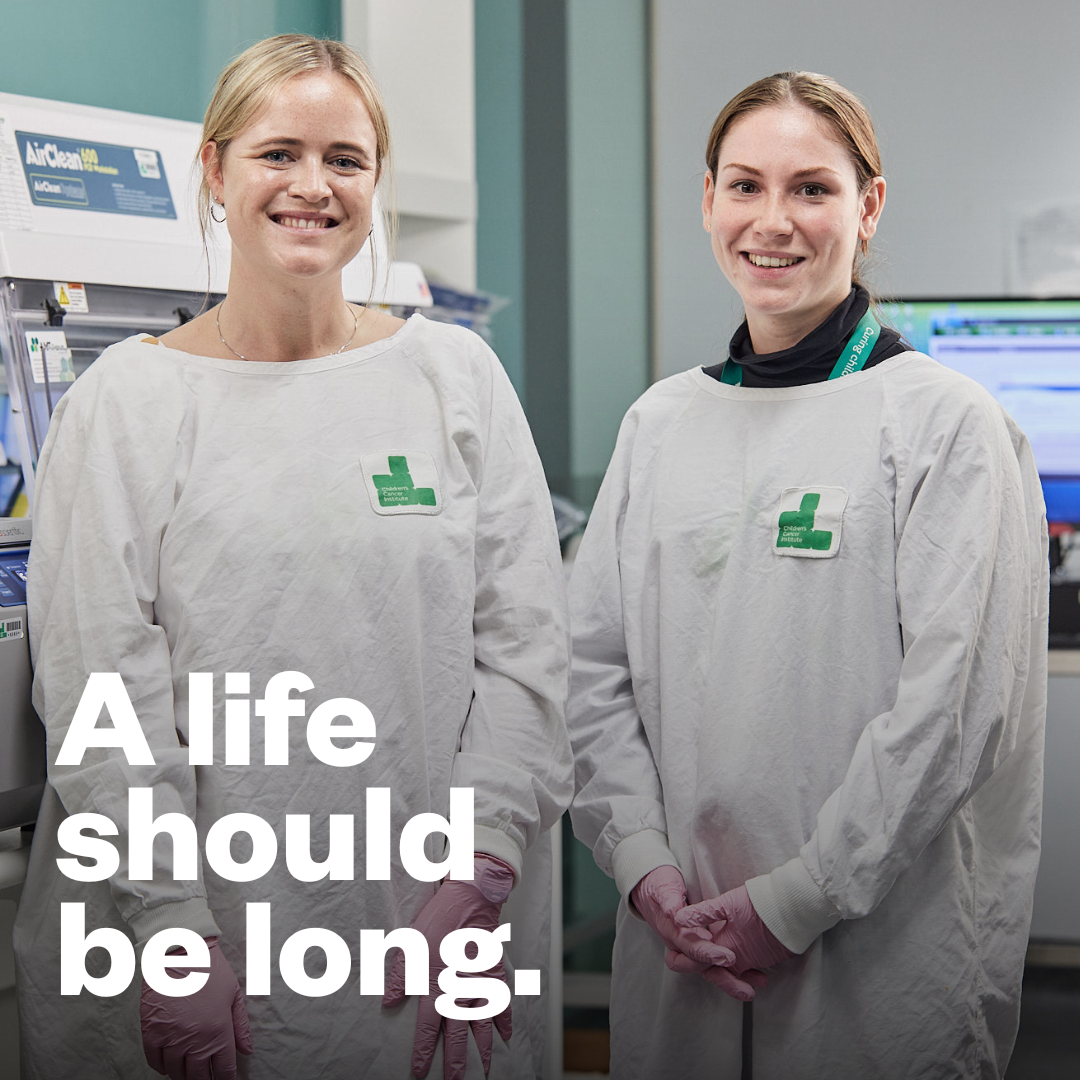
An international team of researchers has discovered a new and much safer way to treat a type of leukaemia that mainly affects children: T-cell acute lymphoblastic leukemia (T-ALL).
Published this week in the journal Science Translational Medicine, the research is a joint effort of Children’s Cancer Institute (Australia), VIB-KU Leuven (Belgium) and UK Dementia Research Institute (England), and is an important breakthrough in the effort to find safer ways to treat T-ALL.
“Children with T-ALL are at high risk of a poor outcome and so are given very intensive chemotherapy,” said Dr Charles de Bock, Team Leader at Children’s Cancer Institute. “Many of these children suffer long-term effects of this aggressive treatment. There is therefore a great need for new therapies that can minimise these effects.”
The breakthrough involves drugs called gamma-secretase inhibitors, which work by inhibiting the action of the enzyme ‘gamma-secretase’, an important driver in many cases of T-ALL. Previously, gamma-secretase inhibitors were unsuitable as a treatment for children because of their toxicity. However, this latest research appears to have found a way around the problem.
In an interesting twist, Alzheimer’s Disease researchers have been studying the same enzyme, as it is involved in the processing of amyloid-beta, which is strongly linked to neurodegeneration. Professor Bart De Strooper, VIB-KU Leuven Center for Brain & Disease Research and UK Dementia Research Institute, and a collaborator on the T-ALL research, explains: “Gamma-secretase is a complex that exists in very different versions. Clinical trials have been performed using non-selective inhibitors that target all versions of the complex equally. We wanted to explore whether inhibiting specific versions could fine-tune the treatment and reduce side-effects.”
Dr de Bock and fellow cancer researcher, Dr Roger Habets, VIB-KU Leuven, looked closely at gamma-secretase in cells, finding that the relative abundance of different versions of the complex was strikingly different in leukaemia cells compared with healthy cells. This led to a range of laboratory experiments which showed that targeting just one version of the complex stopped T-ALL from growing, without causing the toxicity previously associated with this class of drugs.
Dr de Bock is optimistic about the rapid translation of this research into the clinic. “Historically, these types of drugs have had very limited success due to their toxicity. Now, for the first time, we have provided proof that selectively targeting a specific version of the gamma-secretase complex is both effective and safe.”
“In the future, it may even prove possible to use this approach for other types of cancer, and potentially some other diseases,” he added.
Originally trained in Australia, de Bock spent several years at VIB-KU Leuven Center for Cancer Biology before joining Children’s Cancer Institute in January 2019 to establish his own research team. In his new role, he hopes to significantly improve understanding of how T-ALL develops, as well as continue working on new therapies.
“I’m passionate about seeing our research translate into better outcomes for people with cancer,” said de Bock. “There’s not a day in the lab that I don’t feel excited about what we are going to find out next.”
Habets et al (2019). Safe targeting of T-cell acute lymphoblastic leukemia by pathology-specific NOTCH inhibition.
Science Translational Medicine














